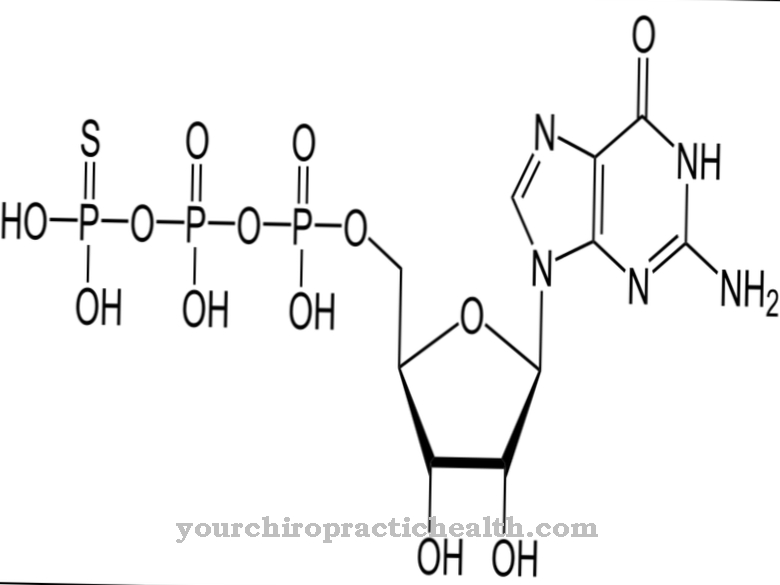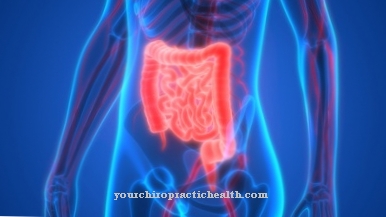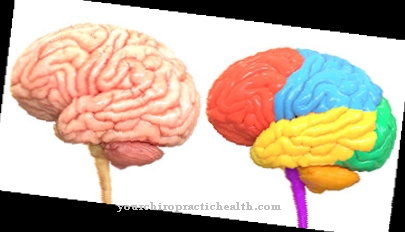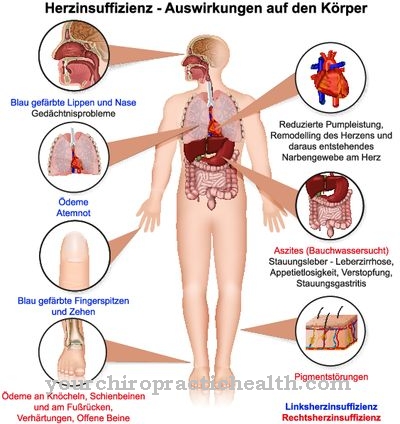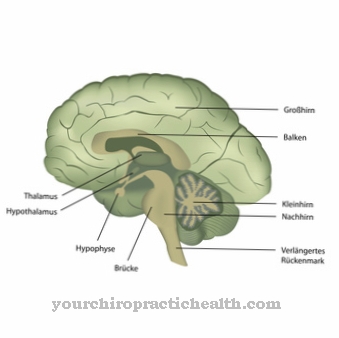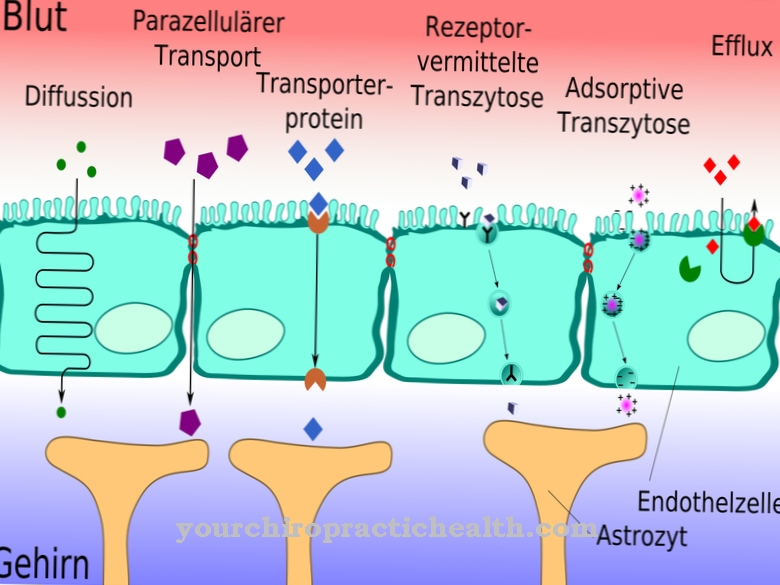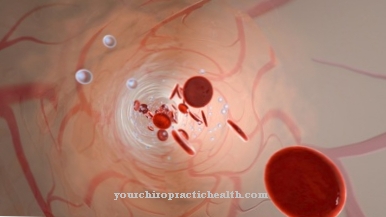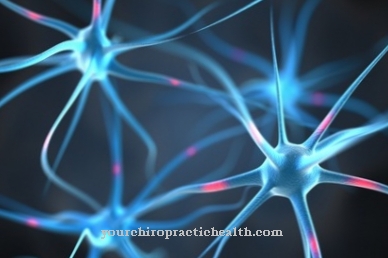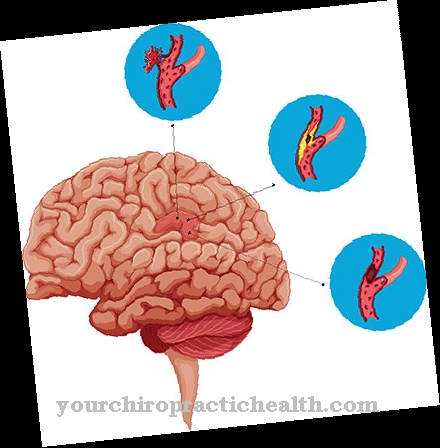Antidepressants are a group of psychotropic drugs that are primarily used against depression of various degrees of severity. The antidepressants chemically intervene in the brain metabolism and block certain messenger substances such as serotonin, noradrenaline and dopamine in order to correct an imbalance of these substances. Although the thesis of the imbalance of messenger substances as the cause of depression has not been proven, it is generally assumed that this imbalance is based on depression.
Antidepressants for depression & mood swings

One searches through this imbalance Antidepressants chemically influencing. Antidepressants thus intervene in complex organic brain processes in order to at least alleviate depression when complete improvement is not possible. The medical fields of application are diverse.
Although antidepressants - as the name suggests - were (and are) developed primarily for depression, they are also used in other areas. Many antidepressants have other positive effects, so that they can also be used successfully for other mental disorders. These are primarily obsessive-compulsive disorder, panic attacks, generalized anxiety disorders, and phobias.
Eating disorders, chronic pain, withdrawal symptoms, mood swings, symptoms such as listlessness and sleep disorders as well as post-traumatic stress disorder can also be successfully treated with certain antidepressants. We have had very good experiences with antidepressants for panic attacks.
In the case of depression, the mood-enhancing effects of antidepressants are mainly used. But the antidepressants can have other effects besides this effect. This includes an intentional increase in drive with reduced drive or a calming effect (in agitated depression and insomnia). Some psychotropic drugs from this group also have an anxiolytic effect and have the effect of making patients more relaxed.
Herbal, Natural & Chemical Antidepressants
A distinction is made between pharmaceuticals Antidepressants and herbal-natural. There are four types of psychotropic drugs, depending on the differentiation criteria. These are the serotonin reuptake inhibitors (SRI), the norepinephrine reuptake inhibitors (NRI), the serotonin-noradrenaline reuptake inhibitors (SNRI) and the tricyclic antidepressants of the older type. Each of these antidepressants has a mood-enhancing effect, but has a different effect on drive, sleep and restlessness.
Plant-based, St. John's wort is known for its mood-enhancing effect, as is the so-called SAMe, which is mainly used in southern countries as a natural antidepressant. It is an amino acid compound found in the human body. The SAM-E should not disturb the processes in the body, like the chemical antidepressants do.
Another natural antidepressant is 5-HTP, which is based on the principle that the metabolism releases serotonin when feeling happy, the connection point for this being the 5-HTP. This thesis needs to be examined more closely.
There are also homeopathic remedies, but their effectiveness is controversial. Ignatia should be mentioned here, for example, which is said to be effective against neurotic depression in connection with feelings of sadness, nervousness and anxiety.
You can find your medication here
➔ Medicines against depressive moods & to lighten the moodRisks & side effects
Especially Antidepressants from the field of psychotropic drugs have a number of side effects, some of them serious.
First of all, the frequent weight gain and increased appetite should be mentioned, a circumstance that is a major problem for many patients.
Sometimes tiredness and lethargy can occur, on the other hand restlessness and tremors (tremor). With certain antidepressants, especially in adolescents, suicidality can occur.
Particularly strong side effects occur with the tricyclic antidepressants, which are effective but less well tolerated. This can result in severe drowsiness and severe weight gain.





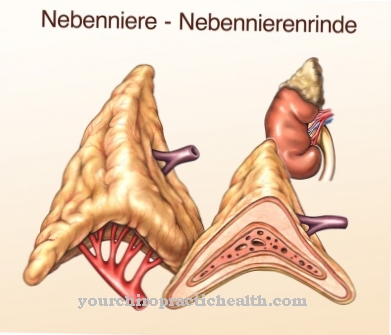




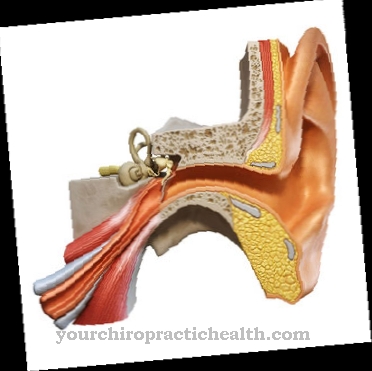
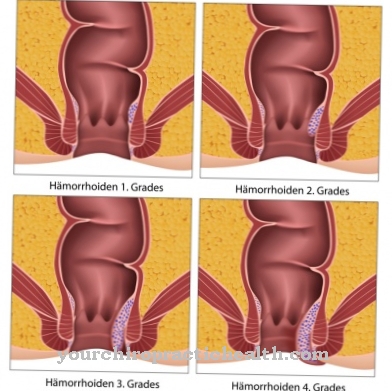
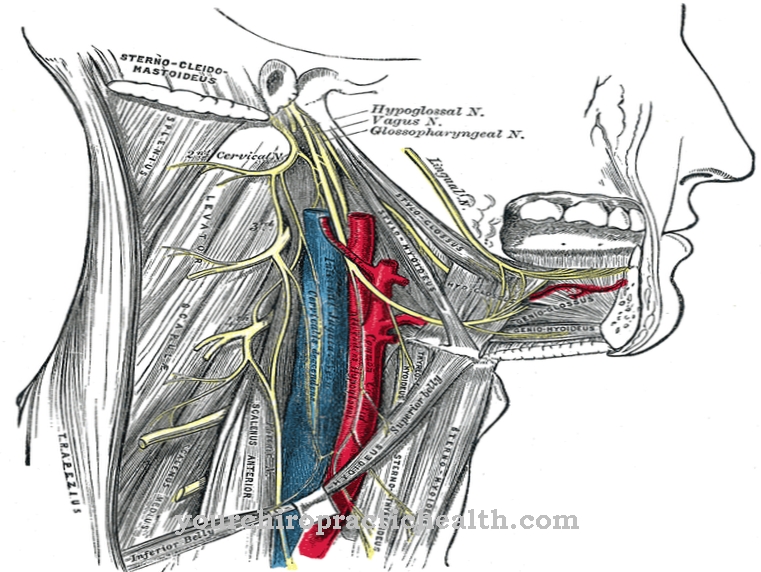

.jpg)
